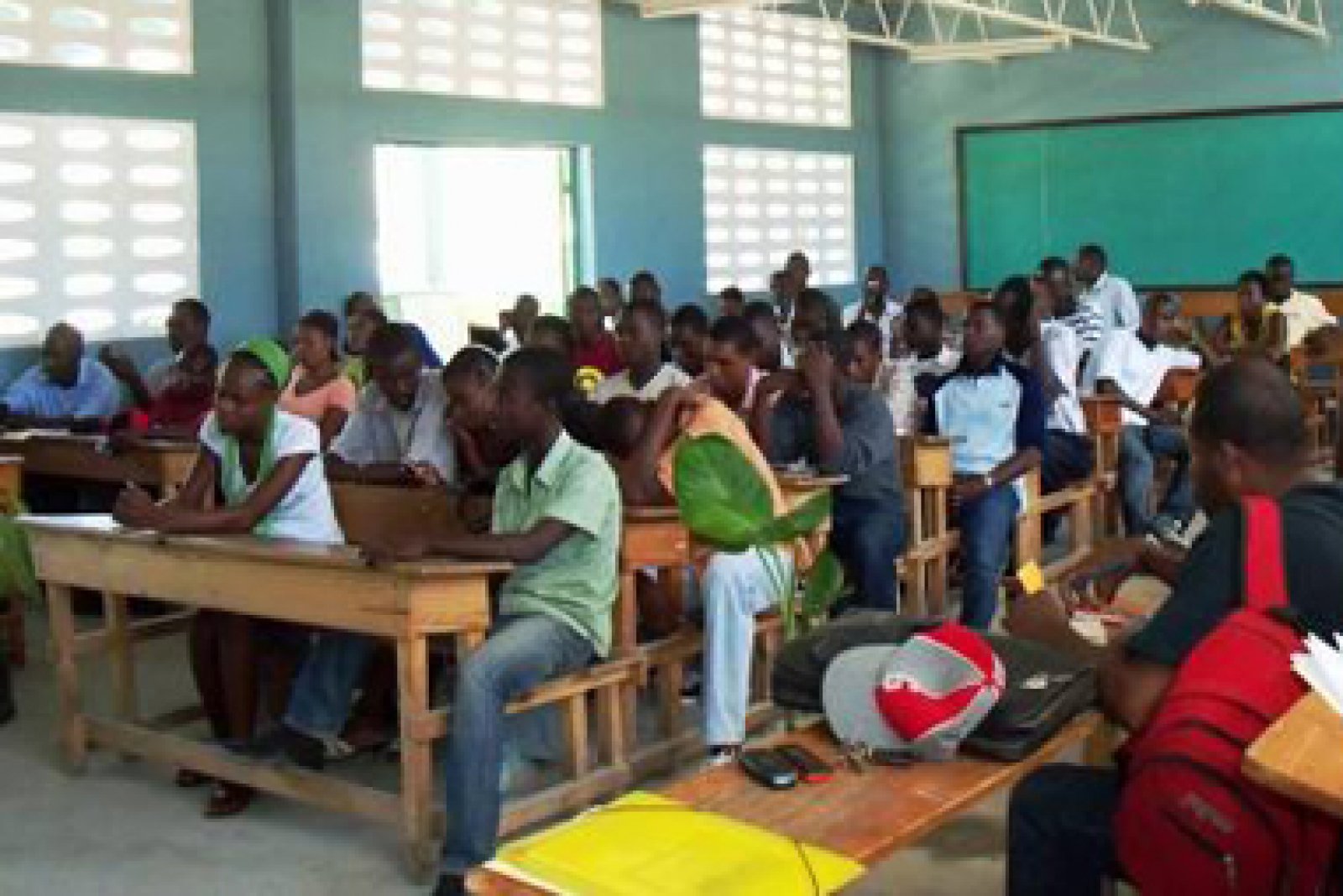
SHARE
Grassroots Haitian organizations known as Initiative Committees (ICs) are working to educate citizens about the importance of hygiene and safe drinking water in the face of a cholera outbreak that is taxing the resources of this island nation still reeling from last January’s devastating earthquake.
Several hundred people have died among the more than 3,600 cases identified by Haiti’s health ministry since the outbreak was reported last week. The majority of the deaths have been in Artibonite, a poor, rural department about 60 miles northwest of the capital, Port-au-Prince. Health professionals are stressing prevention in hopes of staunching the spread of the disease, particularly to those living in the densely-populated slums around the capital or the approximately 1.3 million people now living in tent camps as a result of the earthquake.
Developed more than a decade ago with NDI support, the ICs have operated in 179 municipalities across the country and involve 35,000 Haitians and 3,500 civic organizations, including 400 women's groups.
ICs in the cities of Cap Haïtien, Limbe, Gonaïves and Saint Marc started a public information campaign on procedures to prevent the spread of cholera soon after news of the outbreak came. Saint Marc is in Artibonite and many of the cholera victims have sought medical assistance there. ICs in other cities, including, Lascahobas, Hinche and Maissade, launched their prevention education efforts this week.
Members of ICs have coordinated with government health officials to stay on top of the latest news and incorporate information into their education campaigns.
In recent months, the ICs have worked to promote citizen input and foster dialogues with Haitian government officials on the country’s national development and recovery plan.
Following Haiti’s devastating earthquake in January, ICs, with NDI support, established 12 citizen-run information centers around the country serving areas directly damaged by the earthquake and locations with large numbers of displaced persons. These centers disseminate information on resources for displaced persons as well as relief and reconstruction plans, put citizens in touch with local government officials, and increase transparency and oversight for long-term local rebuilding efforts.
Related:
- In Haiti, Citizens Voice Ideas and Concerns about Rebuilding
- Initiative committees working to distribute aid and information in Haiti»
- Rebuilding Haiti: NDI country director describes his earthquake experience and opportunities in its aftermath»
- A compassionate and competent response»
Pictured above: Initiative committee members fill a classroom to discuss community needs in the town of Saint-Marc.
Published October 27, 2010


